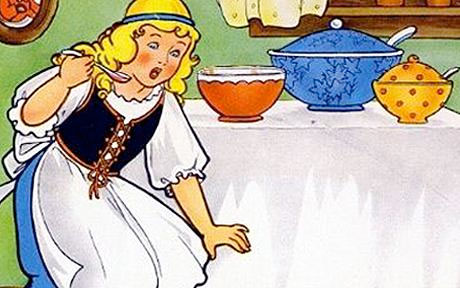Goldilocks and decision-making
Think quick!
You've been transported back in time to yesterday. It's 7 PM on Thursday in Goshen
A musician you've been liking is playing a concert live in Chicago this very evening:

Can you make it in time?!?!
Another story:
You've been transported back in time to last Sunday evening, Sept 10 (Goshen)
You hear that Janelle Monae will be playing a concert on Thursday in 4 days in Chicago:

Can you make it in time?!?!
A final scenario:
You've been transported back in time to yesterday. It's 3 PM (Goshen)
You hear that Janelle Monae will be playing a concert this very evening in Chicago:

Can you make it in time?!?!
The process of decision making
...frequently involves:
- Making a 'rough' estimate of something, or having a personal experience of something, such as driving time to Chicago,
- in order to make a comparison, e.g. time available vs driving time,

which falls into one of the Goldilocks categories (see the book 'Guesstimation'):- too hot (very large),
- too cold (very small), or
- just about right.
Is an exact answer necessary?
Frequently an order of magnitude (the nearest "power of 10") is good enough!
Unit conversions
As a writer (or presenter) you can *help* someone (your audience) make a comparison or decision by making sure that any numbers being compared are in the same units and in units that are familiar to your audience.
Metric system: It's relatively easy to convert metric units:
1 kilometer = 1000 meters
1 kilogram = 1000 grams